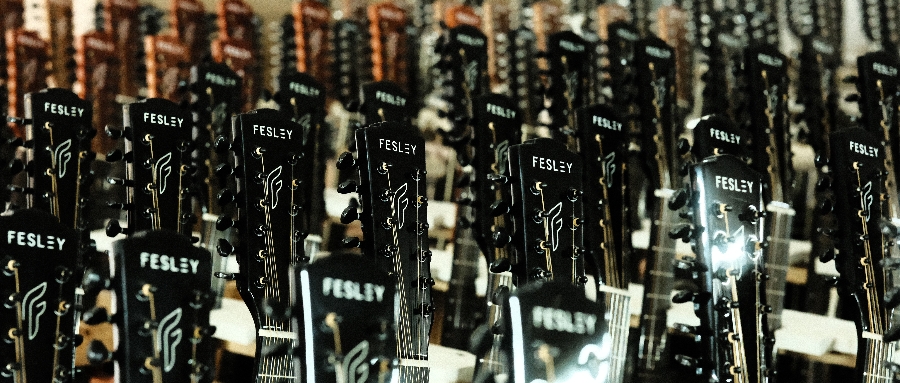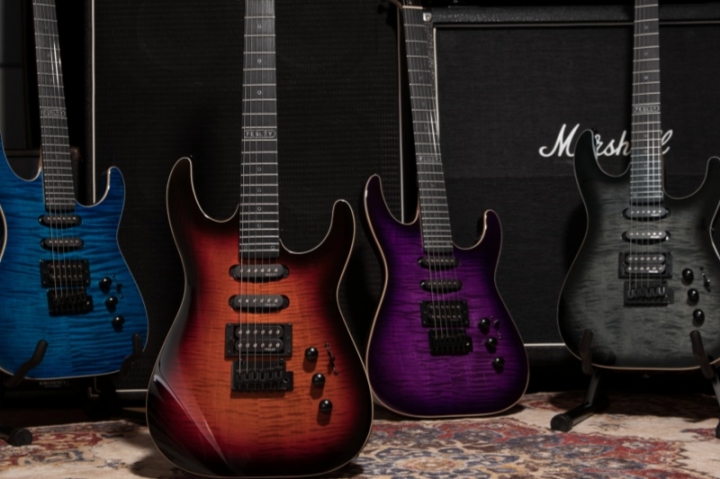
Choosing Your First Guitar: Key Questions Every Beginner Must Know
Choosing your first guitar can be a daunting task, and it's a question that every beginner faces. If you already have your own subjective judgment and choice, feel free to skip this article and trust your instincts. However, if you're still hesitating, let's dive into this article to help you make a clear decision before making your purchase.
First, ask yourself why you want a guitar. Do you need it? Do you aspire to be a rock star or a professional musician? Or do you just want to enrich your life through musical entertainment? Or do you just leave it in your garage at home after three minutes? If you fall into the three-minute fever category, I suggest you don't buy a guitar and use the money you save to treat yourself or your family to a nice dinner. But if you are investing for the long term, aspire to be a musician, or just want to enjoy playing music, then let's go ahead and answer a few questions.
- What kind of music do you like? Is it classical, country, folk, pop, jazz, or even heavy metal? Your preferred music style is crucial because there are different types of guitars suited for different genres. Generally, guitars can be classified into acoustic (which further divides into nylon-string and steel-string) and electric guitars, each offering distinct sounds. Do you imagine yourself playing like Taylor Swift with an acoustic guitar while singing, or like John Mayer with an electric guitar soloing and singing simultaneously, or like James Hetfield delivering wild distorted riffs on an electric guitar? By now, you should have a rough idea of what type of guitar you want. I want to emphasize that there's no specific order in learning different types of guitars; you can start with whatever appeals to you most.
2.Once you've confirmed the type of guitar you want, the next step is to consider its appearance. Yes, appearance matters. If you don't like how it looks, you might lose interest in playing it altogether. Setting aside all functional and playing factors, think about what color and shape of guitar you like. If you're unsure, look up your favorite guitarists online and see what kind of guitars they use. Here's a brief overview of various guitar shapes:

(1) Classical Guitar:
-.jpeg?w=720&h=479)
(2) Acoustic Steel-String Guitar:

(3) Electric Guitar:
At this point, you might find it challenging to choose. Remember what I said: go with what you like. Don't worry about what others tell you. After all, it's your first guitar, and I don't want you to give up learning because you chose something you don't like.
(5)Regarding price and budget:
I saved this for last because I hope your budget is based on the first three conditions. If you don't have those three, you might end up buying a guitar you don't like or one that disappoints you. With the wide range of guitar products available in the market today, I believe you can find a guitar that suits you in any price range. Of course, there are cheaply made guitars that you should avoid. Even a $10 difference can offer you a different experience. So, select a few target brands, check online reviews from people who have bought them, and then make your decision.
These suggestions are my subjective sharing as a guitar enthusiast of over 20 years. I also hope you'll use your subjective mindset to choose your first starter guitar, guided by your passion. Trust me, if you like my perspective, I'll continue to share more of my views with you, including products, learning to play, practice techniques, and more. See you next time.👋












